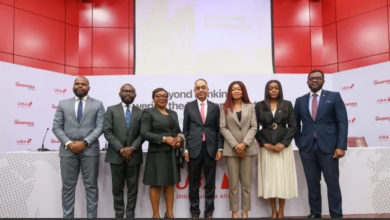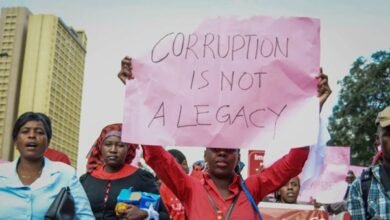Djibouti : Djibouti in the future
Thanks to its geostrategic location, Djibouti has become a regional trade and logistics hub. The modernization of its port and rail infrastructure and the development of free trade zones have all contributed to the country's attractiveness, a position that is set to be strengthened with the creation of the Djibouti International Free Trade Zone (DIFTZ). As a technology hub with eight submarine cables and a stop on China's Silk Road project, Djibouti is stepping up investment in digital technology. It is a projection of the future that is already taking shape, making one of the smallest countries on the continent the hub of the Horn of Africa.
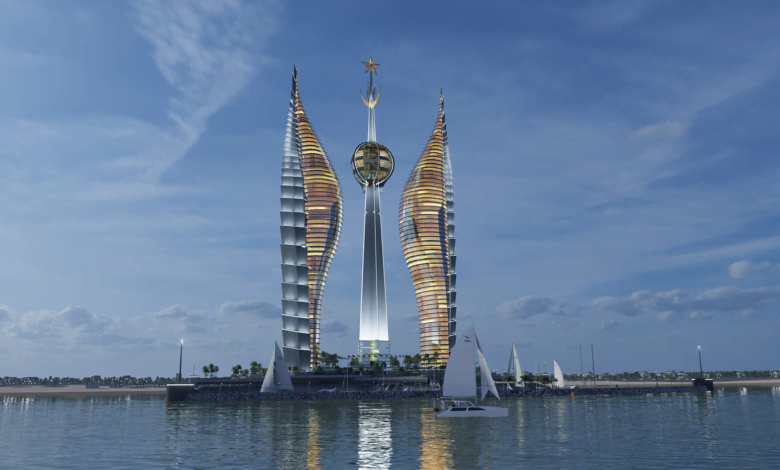
By Dounia Ben Mohamed
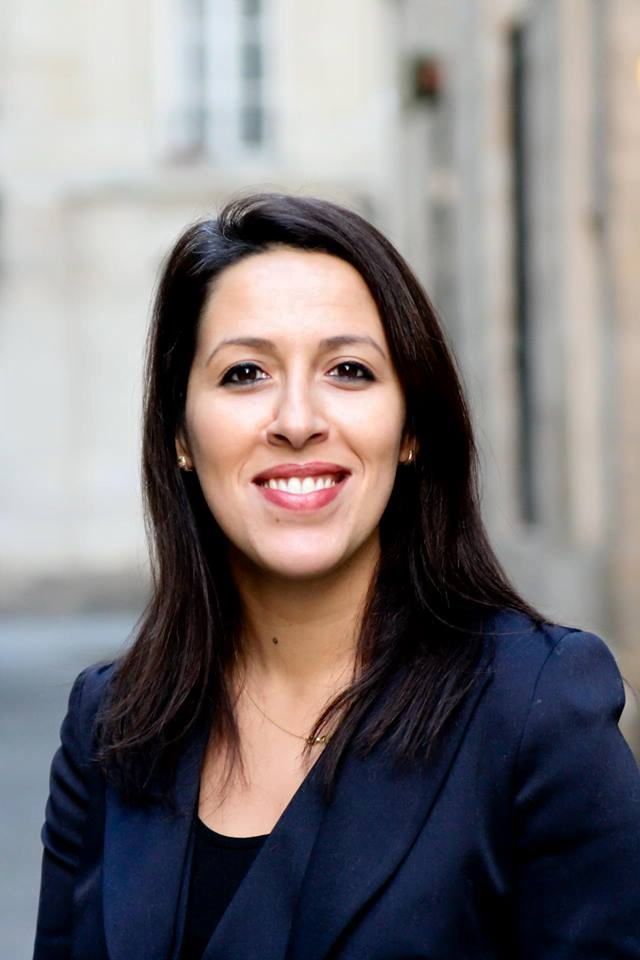
While the resumption of regional and international trade was a major factor in Djibouti’s post-COVID19 recovery, 2023 confirms the country’s activity, boosted by its international seaport. With 5.3% growth in 2023 according to World Bank, this Horn of Africa country has a lot going for it.
However, Djibouti started out with a number of hindrances. Starting with its size: At 23,200 sq km, Djibouti is one of the smallest territories on the continent, with an estimated population of just under 900,000. What’s more, unlike its neighbors on the Arabian Peninsula, Djibouti has no mineral or hydrocarbon resources. Nevertheless, the country has managed to capitalize on its strengths. First and foremost, its geographical location at the entrance to the Red Sea makes it a strategic state for the international community. Indeed, the country is home to six foreign military bases, including those of France, the United States, China and Japan.
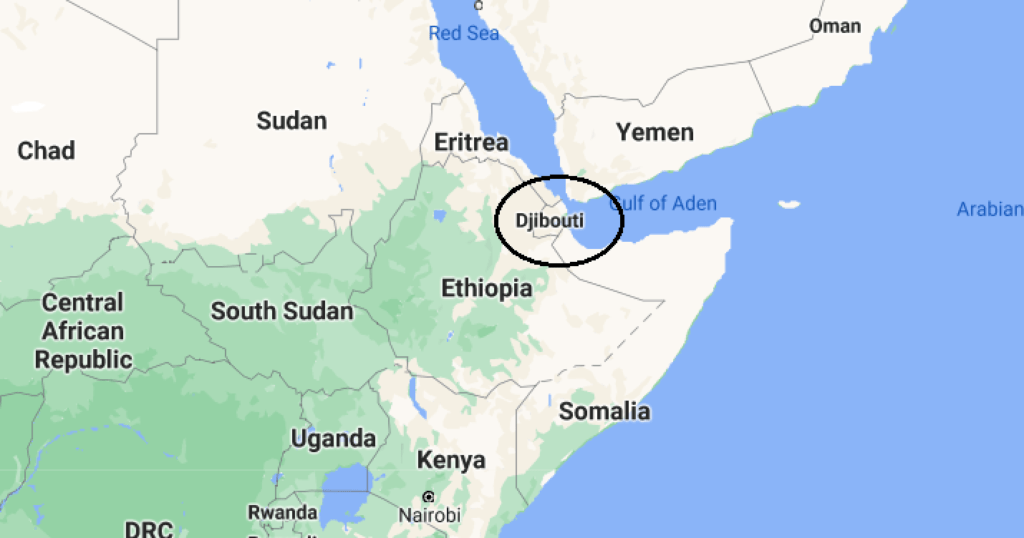
As Ethiopia’s only access to the sea, Djibouti, through which over 90% of Ethiopia’s trade passes, according to the the Ministry of Finance, has naturally established itself as a commercial crossroads. This position is about to be strengthened with the opening of the Djibouti International Free Trade Zone (DIFTZ). While Djibouti’s economy is still based on its port complex, which is one of the most modern in the world, the country is firmly committed to diversification. In the medium term, the economy should benefit from investment programs by the private sector and state-owned companies, namely the development of the Damerjog industrial park and the creation of new fuel storage facilities and an oil terminal. To support this diversification, structural reforms have been undertaken as part of the implementation of the second national development plan, known as Djibouti ICI (Inclusion-Connectivity-Institutions). These achievements will boost GDP growth to 5.3% in 2023 and 6.2% in 2024 according to World Bank projections. The influx of foreign direct investment (FDI) is driving the process of upgrading port and rail infrastructure, which the government has transformed into free trade zones. The government continues to implement the Vision 2035 development plan. The aim is to strengthen Djibouti’s regional position in terms of trade and logistics, but also to triple per capita income and improve human and social development indicators.
A global ICT center
To achieve these goals, Djibouti is relying heavily on digital technology. Already a regional technology center, hosting eight submarine cables, Djibouti is stepping up investment in this area and aims to become a regional hub specializing in information and communication technologies (ICTs). Djibouti Telecom, the national operator, has two submarine cable arrival stations serving more than fifty operators and enabling connections to more than ninety countries around the world.
“There is no doubt in my mind that Djibouti will further help to connect Africa to the rest of the world, and also become a global center with data centers,” recently said the President of the African Development Bank (AfDB), Akinwumi Adesina, during an official visit to the country. « I definitely see a ‘Djibouti Beyond Ports,’ a nation that should move itself to becoming an ICT hub globally.”
Bright prospects for renewables
To support this ambition, the AfDB has invested $60 million in the first electricity interconnection with Ethiopia. Djibouti has approached the Bank for a similar investment for an additional 320-megawatt (MW) line from Semera in Ethiopia to Nagad in Djibouti, a distance of 192 kilometers.
These facilities are part of the country’s renewable energy development strategy. While the AfDB has provided $20 million for geothermal exploration around Lake Assal, discussions are underway for the construction of a solar power plant that will produce 15 MW of electricity. The plant will be part of the AfDB’s Desert to Power initiative, which is providing $20 billion in financing to bring electricity to 250 million people in 11 countries.
First announced in 2019 by the French group Engie, the Grand Bara photovoltaic plant will finally see the light of day under the aegis of Amea Power of the United Arab Emirates, which has signed a build-own-operate and transfer contract and a 25-year development partnership agreement (PPA) with the Djibouti authorities.
Meanwhile, Djibouti inaugurated its first wind farm on 10 September, with the aim of becoming the first African country to produce 100% green energy. Located in Ghoubet Bay, about a hundred kilometers north of the capital, at an altitude of 230 meters in the country’s windiest area, the seventeen wind turbines were installed by the Spanish company Siemens-Gamesa. This wind farm has a daily production capacity of 60 MW, in addition to the 120 MW already produced according to data provided by the local authorities at the inauguration.
Enough to project the country into the future… and into space. Not content to rest on its laurels, last January the Djibouti government announced plans to build a spaceport. From now on, the sky’s the limit.



